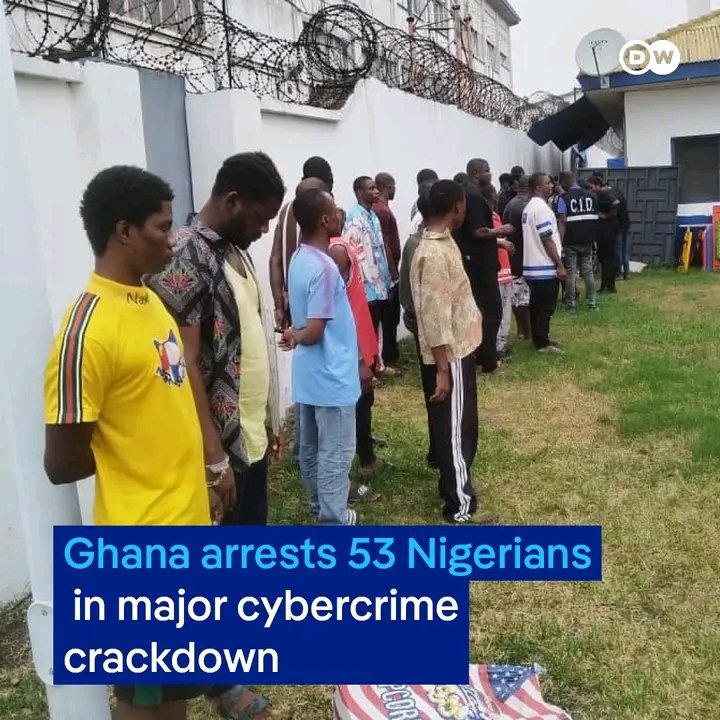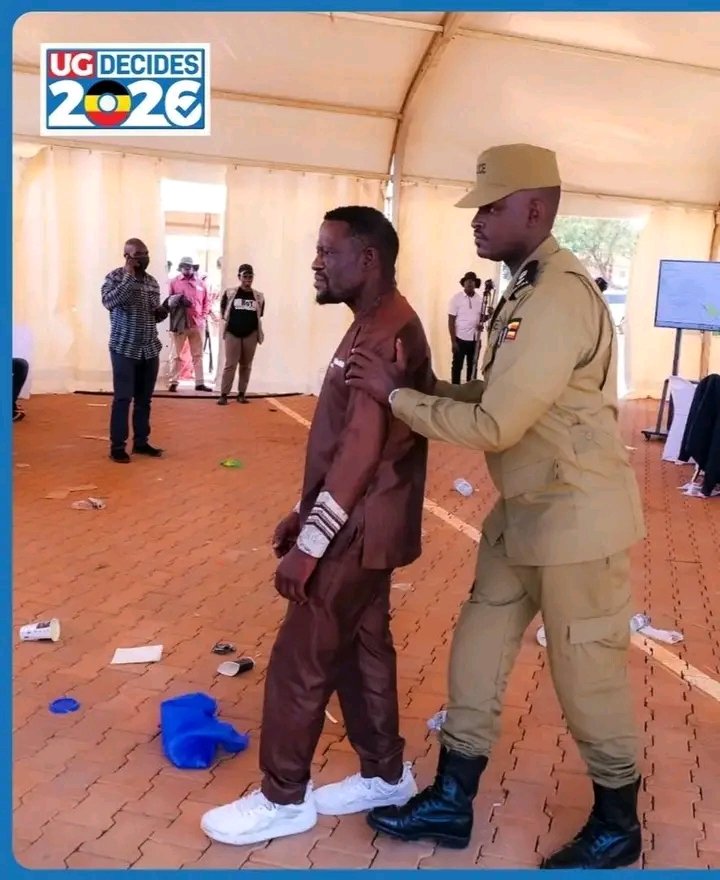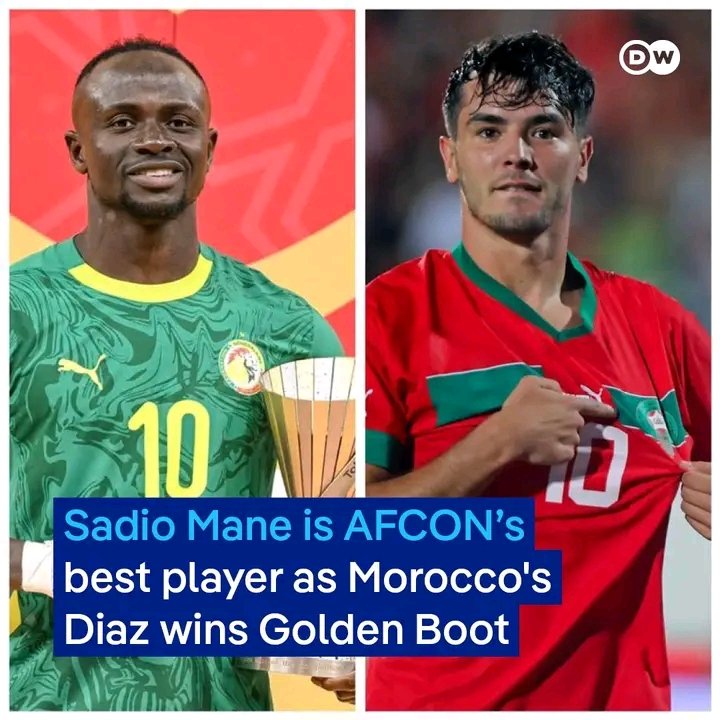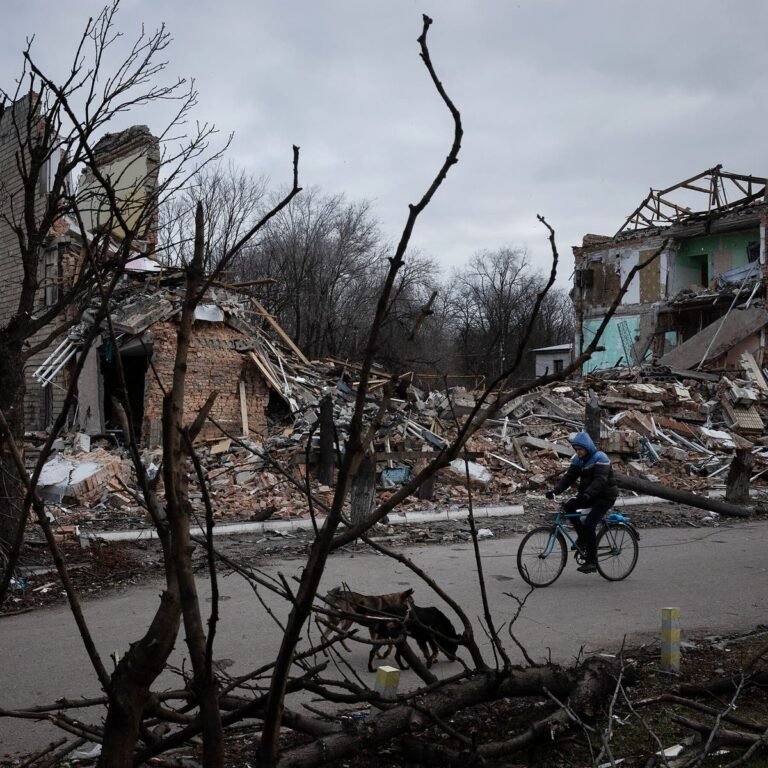
New Chinese Foundation Launches Lifeline for Abandoned Ugandan-Chinese Children
KAMPALA, UGANDA—In a landmark response to growing humanitarian concerns, a Ugandan-based Chinese foundation has initiated a comprehensive drive to identify and support children fathered—and abandoned—by Chinese nationals working on major infrastructure projects across Uganda. This intervention comes amid rising pressure on companies and diplomatic institutions to address the plight of single mothers struggling to raise mixed-heritage children in extreme poverty.
The Crisis: A Legacy of Abandonment
For years, large-scale Chinese-led projects like the Karuma Hydropower Plant and Entebbe Express Highway have drawn thousands of Chinese workers to Uganda. While boosting infrastructure, these projects have also left a painful social legacy:
- Documented Cases: Over 20 children in Kamdini Sub-county (Oyam District) alone—and 16+ mothers in Entebbe—were abandoned by Chinese fathers after project contracts ended .
- Struggling Families: Mothers like 20-year-old Jacqueline Adero recount broken promises of marriage and support. Left with a child allergic to local foods, her family spends scarce resources on biscuits and soft drinks—the only items the toddler can consume without severe rashes .
- Institutional Inertia: Affected communities petitioned Sinohydro Corporation (builder of Karuma Dam) and the Chinese Embassy for years, only to be told parentage was a “private matter” between “consenting adults” .
The Foundation’s Three-Pronged Approach
The newly formed Sino-Uganda Children’s Bridge Foundation has outlined a multi-phase strategy:
- DNA Identification: Partnering with Kampala labs to genetically verify paternity using worker records from Chinese firms.
- Child Support Framework: Negotiating voluntary payments from identified fathers or their employers.
- Long-Term Aid: Funding education, specialized healthcare, and nutritional support for children with documented health vulnerabilities.
Table: Community Grievances vs. New Interventions
| Community Appeals (2018–2024) | Foundation’s New Solutions |
|---|---|
| Paternity tracing via Embassy | DNA testing + corporate records |
| Cultural compensation (“child upkeep”) | Legally binding support agreements |
| Emergency food/medical aid | Long-term nutritional/health plans |
Cultural Clashes and Corporate Accountability
The crisis sits at a complex intersection:
- Cultural Demands: Lango Cultural Foundation leaders insist Chinese fathers must comply with traditional laws requiring compensation for “damages and upkeep of offspring” if marriage is declined .
- Corporate Pushback: Sinohydro and subcontracted firms repeatedly deflected responsibility. Uganda Electricity Generation Company Limited (UEGCL) spokesperson Simon Kasyate controversially dismissed cases as “sex traded willingly” for financial gain .
- Diplomatic Channels: Uganda’s Internal Affairs Ministry began tracing fathers via immigration records in 2025 but faced hurdles without Chinese cooperation .
Voices from the Ground
- Mothers’ Hopes: “My daughter deserves to know her father,” said Adero, clutching her child. “But even more, she needs medicine and school fees” .
- Clan Leaders’ Ultimatum: Chief Patrick Okello (Mwa Otiratok Clan) warns of legal action if negotiations fail: “Our daughters’ time was wasted; their children’s futures are at stake” .
- Foundation’s Pledge: “This isn’t about blame,” stated a foundation representative. “It’s about healing human fractures left by economic partnerships.”
The Road Ahead
While the foundation’s launch marks a critical step, challenges persist:
- Scale: With 20+ known cases in Oyam and 16+ in Entebbe—and likely more unrecorded—rapid identification is urgent .
- Health Crises: Children with allergies and dietary sensitivities require immediate intervention to prevent malnutrition .
- Corporate Engagement: Success hinges on cooperation from Chinese firms holding worker records—entities that have historically resisted involvement.
As Uganda’s traditional leaders prepare to meet foundation mediators next week, abandoned children like Adero’s daughter finally glimpse hope. “I named my son Olara,” shared one grandfather, “meaning ‘rescued from something bad.’ Now, perhaps that name will ring true” .
This initiative represents the first coordinated effort by Chinese entities to address paternity abandonment linked to infrastructure projects in Africa. Updates to follow as DNA verification commences.







